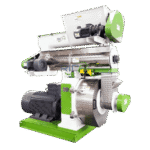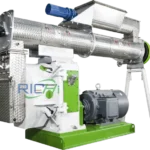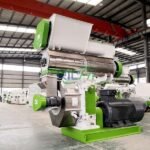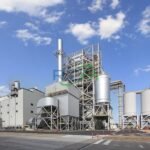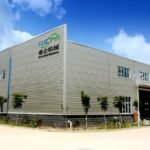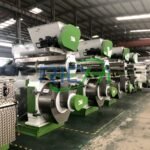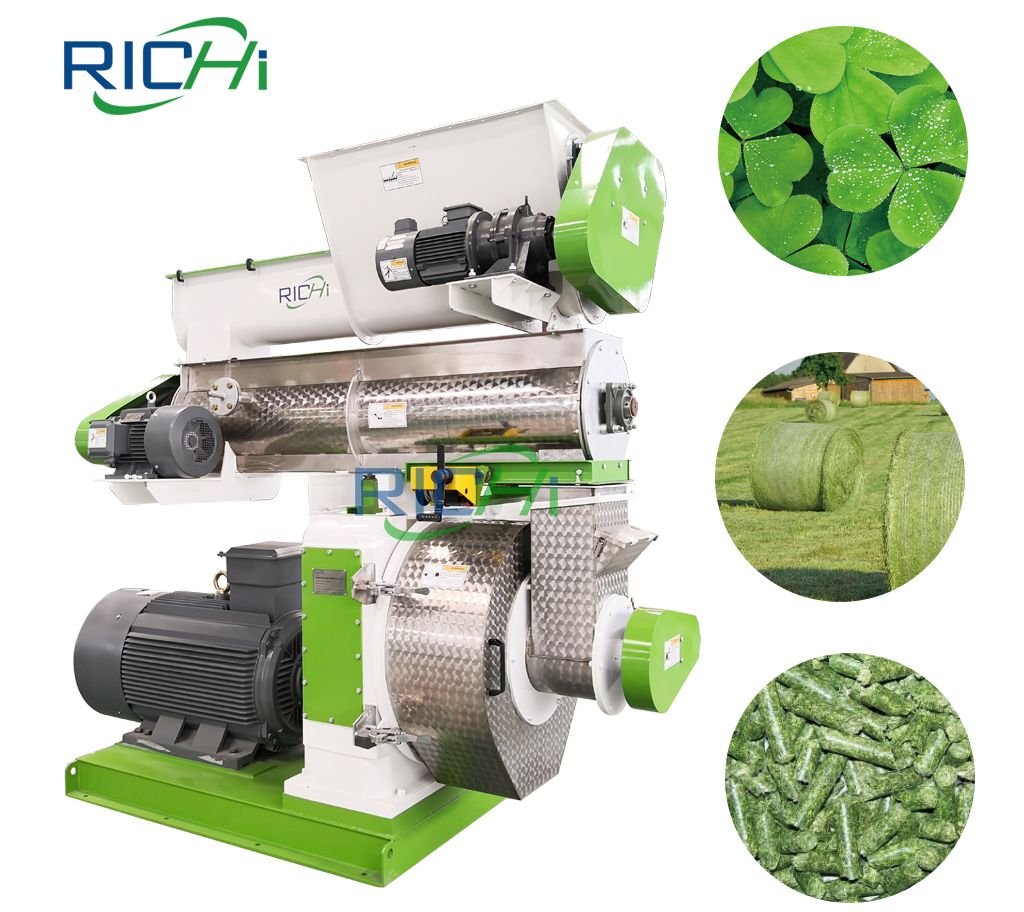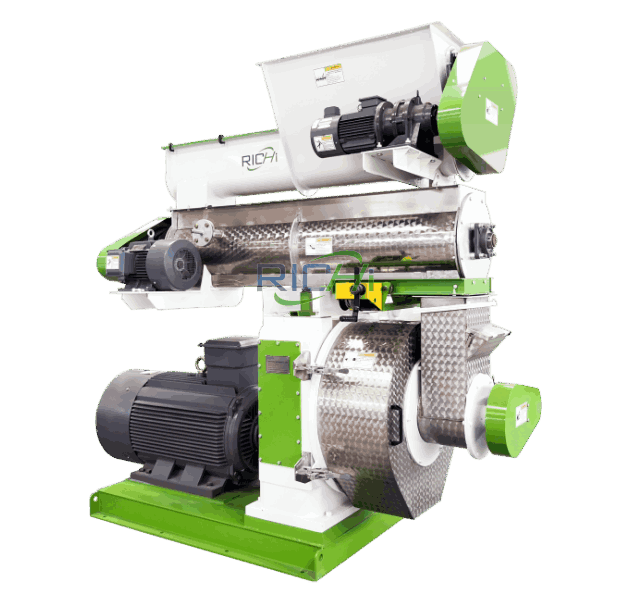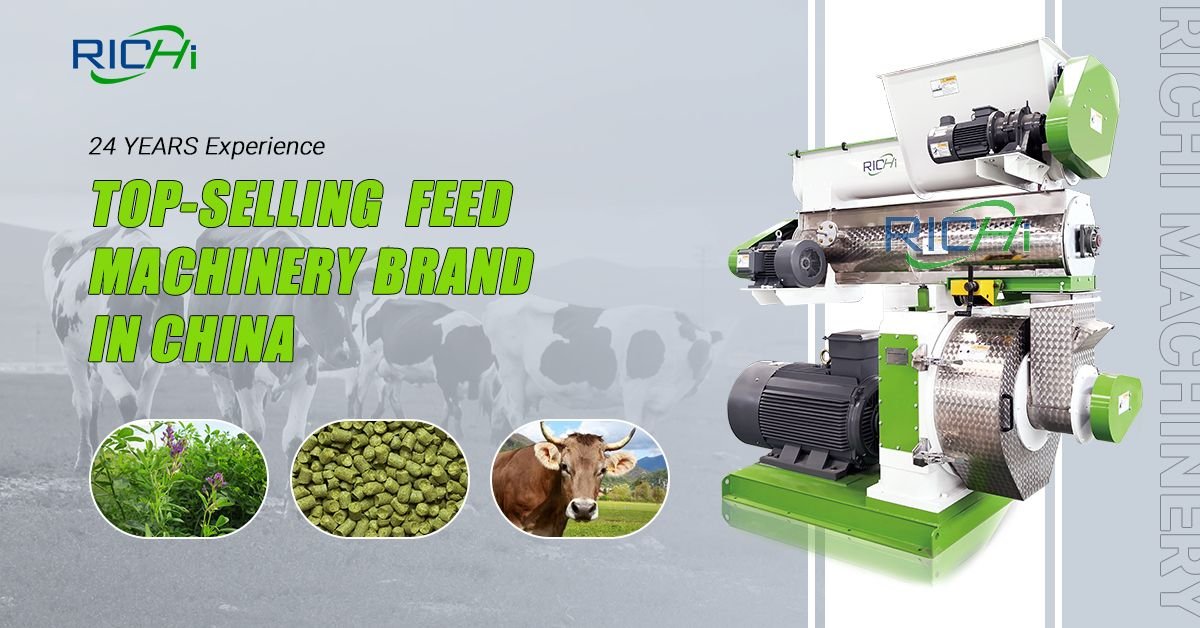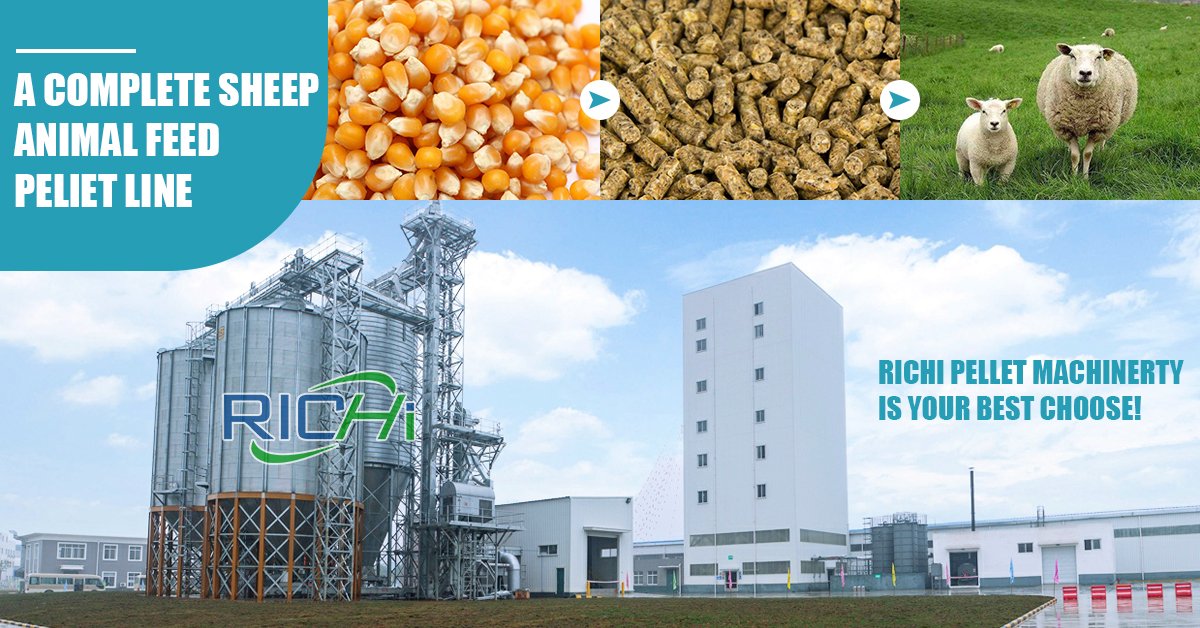Alfalfa pellet machines have become increasingly popular in recent years due to their versatility and efficiency in processing alfalfa into compact, easy-to-handle pellets. These machines find applications across various industries, primarily in agriculture, animal husbandry, and renewable energy sectors. This article explores the main application scenarios for alfalfa pellet machines, highlighting their importance and benefits in each context.
- Animal Feed Production
The most common application of alfalfa pellet machines is in the production of animal feed. Alfalfa, known for its high nutritional value, is an excellent feed source for various livestock:
- Cattle Feed: Alfalfa pellets are widely used in dairy and beef cattle diets, providing essential nutrients and fiber.
- Horse Feed: Equine enthusiasts often prefer alfalfa pellets for their horses due to the pellets’ consistent quality and ease of storage.
- Rabbit and Small Animal Feed: Alfalfa pellets serve as a nutritious base for rabbit feed and are also used in diets for other small animals.
Pelletizing alfalfa offers several advantages in animal feed production:
- Improved digestibility
- Reduced feed waste
- Easier storage and transportation
- Consistent nutritional content
- Organic Fertilizer Production
Alfalfa pellet machines are increasingly used in the production of organic fertilizers:
- Soil Amendment: Alfalfa pellets, rich in nitrogen and other nutrients, serve as an excellent organic soil amendment.
- Slow-Release Fertilizer: The pellet form allows for a slow release of nutrients, providing long-term benefits to plants.
- Composting Accelerator: Alfalfa pellets can be added to compost piles to speed up the decomposition process and enrich the final compost.
This application is particularly valuable in organic farming and gardening, where chemical fertilizers are avoided.
Related post:https://www.richipelletmachine.com/hay-pellet-machine-for-sale/
- Biomass Fuel Production
With the growing emphasis on renewable energy sources, alfalfa pellet machines are finding applications in biomass fuel production:
- Residential Heating: Alfalfa pellets can be used in pellet stoves for home heating.
- Industrial Boilers: Large-scale industrial boilers can use alfalfa pellets as a renewable fuel source.
- Co-firing in Power Plants: Some power plants use alfalfa pellets in combination with coal to reduce overall emissions.
The use of alfalfa pellets as a biomass fuel contributes to reducing carbon emissions and promoting sustainable energy practices.
- Pet Food Industry
Alfalfa pellet machines are utilized in the pet food industry, particularly for herbivorous pets:
- Guinea Pig and Chinchilla Food: Alfalfa pellets form a significant part of the diet for these small pets.
- Reptile Food: Some herbivorous reptiles, like tortoises, benefit from alfalfa pellets in their diet.
The pelletized form ensures consistent nutrition and makes portion control easier for pet owners.
- Aquaculture Feed
In the aquaculture industry, alfalfa pellet machines are used to produce feed for certain fish species:
- Tilapia Feed: Alfalfa pellets can be incorporated into tilapia diets as a plant-based protein source.
- Carp Feed: Some carp species benefit from the inclusion of alfalfa pellets in their feed.
The use of alfalfa in aquaculture feed can help reduce reliance on fishmeal, contributing to more sustainable aquaculture practices.
- Mushroom Cultivation
Alfalfa pellets have found an interesting application in mushroom cultivation:
- Substrate Supplement: Alfalfa pellets are used to enrich mushroom growing substrates, providing additional nutrients.
- Moisture Retention: The pellets help in maintaining optimal moisture levels in mushroom beds.
This application showcases the versatility of alfalfa pellets beyond traditional uses.
- Erosion Control
In landscaping and construction, alfalfa pellet machines are used to produce pellets for erosion control:
- Slope Stabilization: Alfalfa pellets can be spread on slopes to prevent soil erosion.
- Revegetation Projects: The pellets provide nutrients and help retain moisture, aiding in the establishment of new vegetation.
This application demonstrates the environmental benefits of alfalfa pellets beyond agricultural uses.
- Research and Development
Alfalfa pellet machines play a role in agricultural and nutritional research:
- Feed Trials: Researchers use alfalfa pellets in animal feed trials to study nutritional impacts.
- Soil Science Studies: The pellets are used in experiments related to soil fertility and plant growth.
The consistent nature of pellets makes them ideal for controlled research environments.
Conclusion
The applications of alfalfa pellet machines are diverse and continually expanding. From traditional uses in animal feed production to innovative applications in renewable energy and environmental conservation, these machines play a crucial role in various industries. The ability to convert loose alfalfa into compact, easily manageable pellets offers numerous benefits, including improved storage, transportation efficiency, and versatility in use.
As sustainability and efficiency become increasingly important across all sectors, the demand for alfalfa pellet machines is likely to grow. Their ability to transform a widely available, renewable resource into valuable products aligns well with global trends towards eco-friendly and sustainable practices. Whether in agriculture, energy production, or environmental management, alfalfa pellet machines continue to prove their worth as versatile and valuable tools in modern industry.
